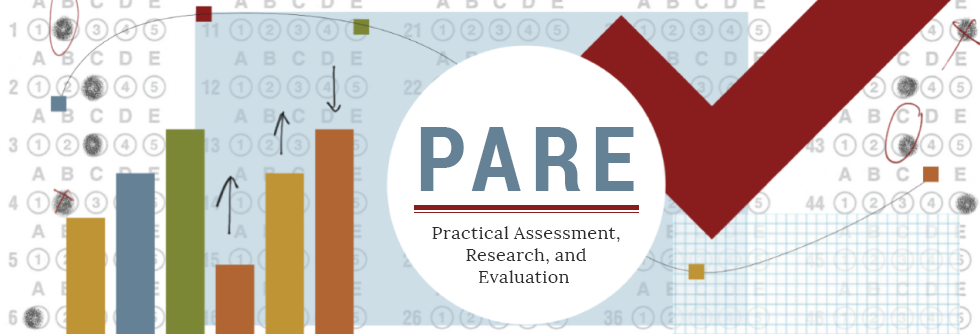Evaluations in Institutions of Higher Education in Africa: The Case of the University of Eswatini
Abstract
The paper attempts to give an overview of evaluation in higher education institutions with particular emphasis on the faculties of humanities, education and social sciences disciplines at the University of Eswatini (Swaziland) in Southern Africa. It describes the general methodology of evaluation and identifies obstacles and relevant strategies for improving existing evaluation system. The paper points out that the nature and quality of assessment instruments used will influence the type of learning that takes place. In other words, if the lecturer evaluates and credits acquisition of knowledge, then the student will tend to study this alone. Therefore, a wider range of evaluation activities covering various objectives of a course will lead to varied learning and teaching experience within a course. Finally, the paper recommends that since the existing examination system is subjective, it is necessary to review it periodically to ensure that it fulfils the purpose for which it is designed to achieve.
Keywords: Evaluation, eswatini, higher education, lecturer, institution, examinations, assessment.
How to Cite:
Sone, E. M. & Oluwasuji, O. G., (2021) “Evaluations in Institutions of Higher Education in Africa: The Case of the University of Eswatini”, Practical Assessment, Research, and Evaluation 26(1): 9. doi: https://doi.org/10.7275/6p92-2n33
Downloads:
Download PDF
View PDF
657 Views
115 Downloads
